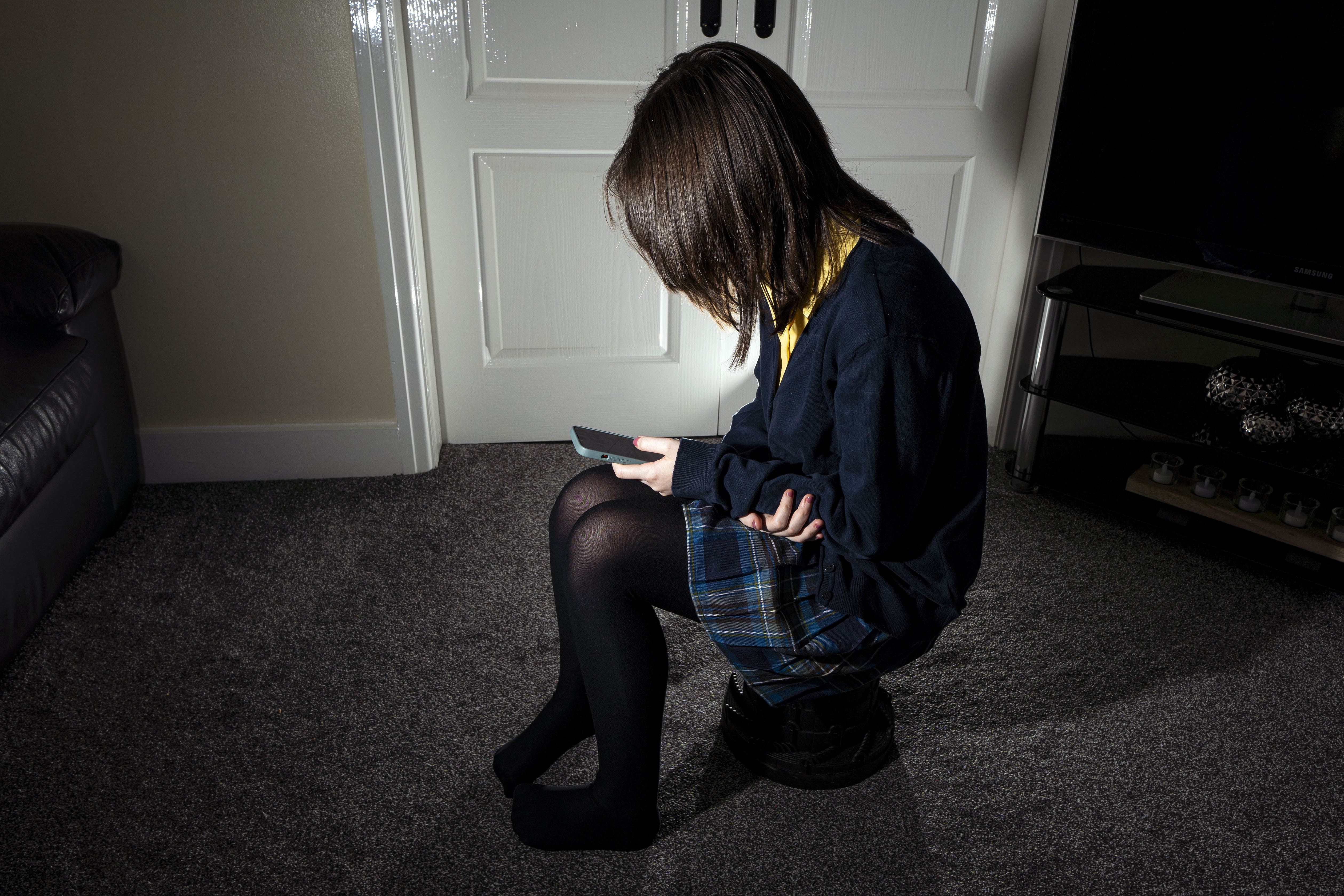‘Add code of practice to Bill to prevent violence against women and girls online’
The House of Lords is due to scrutinise the Online Safety Bill in its committee stage on Wednesday.

Your support helps us to tell the story
From reproductive rights to climate change to Big Tech, The Independent is on the ground when the story is developing. Whether it's investigating the financials of Elon Musk's pro-Trump PAC or producing our latest documentary, 'The A Word', which shines a light on the American women fighting for reproductive rights, we know how important it is to parse out the facts from the messaging.
At such a critical moment in US history, we need reporters on the ground. Your donation allows us to keep sending journalists to speak to both sides of the story.
The Independent is trusted by Americans across the entire political spectrum. And unlike many other quality news outlets, we choose not to lock Americans out of our reporting and analysis with paywalls. We believe quality journalism should be available to everyone, paid for by those who can afford it.
Your support makes all the difference.A giant mobile phone features in a so-called danger zone near Parliament created by campaigners calling for specific protections for women and girls to be included in the Online Safety Bill.
The House of Lords is due to begin line-by-line scrutiny of the legislation in its committee stage on Wednesday.
Refuge and other organisations are calling for a violence against women and girls code of practice to be added to the Bill “to ensure social media companies respond to and prevent online violence” against this group.
Instead of putting onus on the perpetrators, we are forcing women and girls offline. This is not the solution
The charity has erected an installation near the Houses of Parliament to recreate a “danger zone”, featuring a giant mobile phone and signs warning of a lack of protection for women and girls “to highlight the multiple spaces online where women are at risk of abuse”.
Former Love Island contestant Sharon Gaffka, who is an ambassador for Refuge, said a code of practice is “desperately needed” so women can stay online “safely and confidently”.
She said: “Every day, I am the recipient of unsolicited images, threats of sexual violence and misogynistic abuse online. This is unfortunately a common experience amongst young women.
“Due to the frequency of such messages, society has seemingly normalised this behaviour, and instead of putting onus on the perpetrators, we are forcing women and girls offline. This is not the solution.
“Today, I hope the Government and peers who are now looking at the Bill will listen to the thousands of Refuge supporters who have all taken action.
“Addressing the lack of protection for women and girls in the Online Safety Bill is paramount. I hope to see the code of practice, which is so desperately needed, to be included so that women, and myself, can remain online, safely and confidently.”
On Tuesday, messaging services including WhatsApp issued a warning that the Bill could open the door to “indiscriminate surveillance” of personal communications.
Bosses from messaging firms Signal and Element were also signatories to the open letter calling on ministers to “urgently rethink” the Bill as they warned the legislation would give regulator Ofcom the power to try to force the release of private messages on end-to-end encrypted communication services.
The Government has argued that Ofcom will only be able to make companies use technology to identify child sexual abuse material in “appropriate and limited circumstances”, with the Prime Minister’s official spokesman insisting “it will not introduce routine scanning of private communication”.
Richard Collard, from the NSPCC children’s charity, urged the Government to resist the tech firms’ calls to water down the legislation.